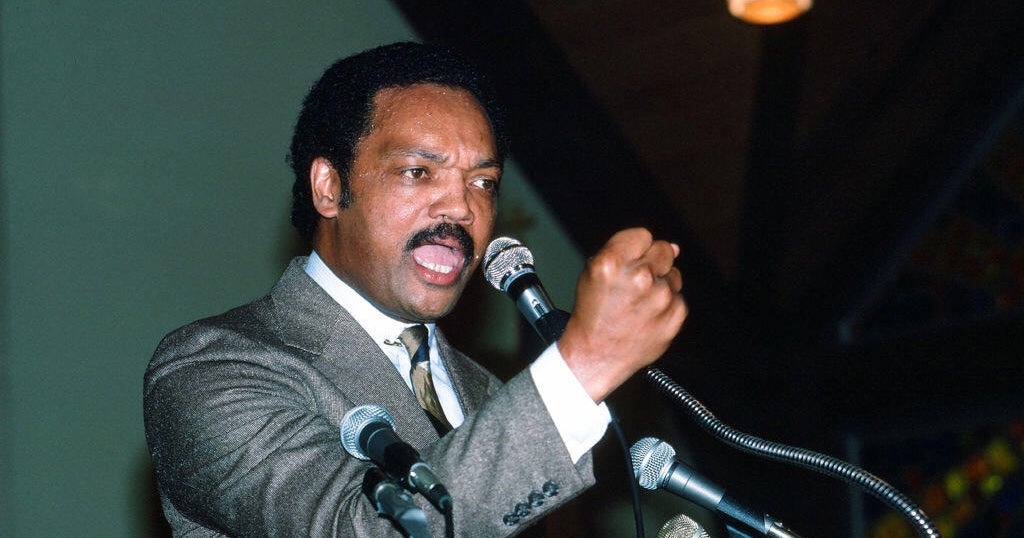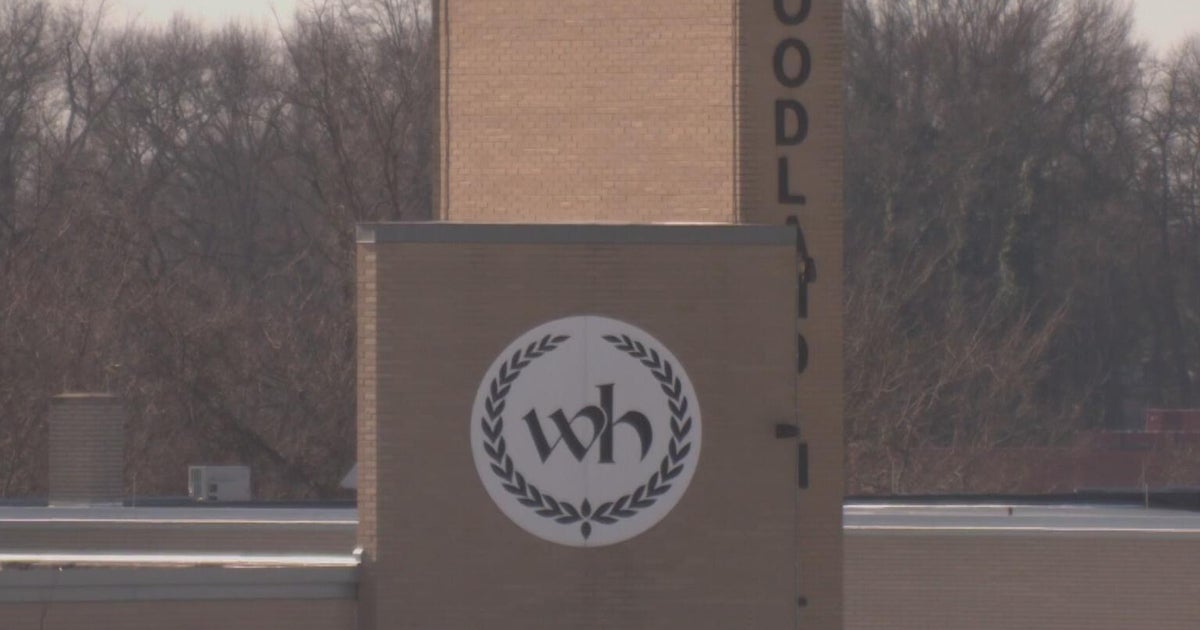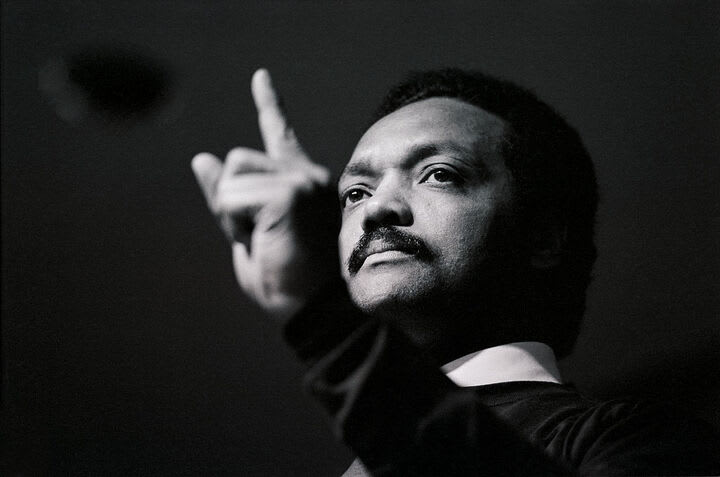Michael Jackson: Can we separate the art from the artist?
It's been 10 years since the sudden death of Michael Jackson sent shockwaves around the world, but the pop superstar's legacy remains as complicated as ever. Though Jackson was accused of inappropriate behavior by multiple boys while he was alive, an explosive HBO documentary released earlier this year put renewed attention on the allegations against the artist. "Leaving Neverland" focused on the stories of two men — Wade Robson and James Safechuck — who say Jackson abused them for years when they were kids.
Even for Robson and Safechuck, what Michael Jackson means to them remains complicated. Earlier this year, Safechuck told "CBS This Morning" co-host Gayle King he "really can't answer" how he feels about him today.
"A lot of mixed feelings. There's still — there's still a bit of love and there's still — it's almost like a guilt for saying the truth, like I've betrayed him," Safechuck said "Yeah. It's like I still have those old wiring, you know, that's still there. So, you know, my relationship or my understanding my relationship with him I think is gonna — it needs a lot of work."
Tre Johnson, who writes about race, class and culture for Rolling Stone, said that Michael Jackson was not only the soundtrack of his childhood but the centerpiece of one of his fondest childhood memories: a Michael Jackson concert with his mother.
"One of my biggest memories is going to a concert halfway across the country with my mom, seeing Michael Jackson perform. And one of the biggest moments that happened was when he came out on stage, a young woman three rows over from me broke down in tears, just immediately. I don't fault people who have a deep investment in what we thought we knew about him as a public figure, but there's a full story to him," Johnson said.
- Michael Jackson's family reacts to explosive claims in "Leaving Neverland"
- "Leaving Neverland": Where were the moms of Michael Jackson's accusers?
For Johnson, it's too difficult to separate the music from the man, which is why he doesn't listen to his music anymore though he doesn't necessarily begrudge others who do.
"Because I believe in the story's survivors a lot more than feeling the need to be entertained by the music he created," Johnson said. "I have an aversion to it now, absolutely. Sexual assault and sexual crimes deeply touch a lot of people in my own life and my own family. When I think hard about what it means to hold the experiences of people who have been hurt over what it means to feel good and want to dance to some music that is iconic in every way, shape or form, that's an easy choice for me to make."
Jackson denied any inappropriate behavior with children throughout his life. His family also says these accusations are untrue.
It may be too soon to know if there will be a lasting impact on the popularity of Jackson's music. The week before the documentary aired, his music was streamed about 16 million times. Just last week it was streamed 15.5 million times.
"I hear those numbers and I hear there's 15 million different stories in that. I don't know if we can say there's a singular conclusion you can draw. I think some people are looking to make some sense out of what they understood to be the public figure and the man that he was. I think there's some people who defiantly want to say 'this music still makes me feel good.' I think a lot of us are tethered to the memories of what music and his image has meant to a lot of us over generations."
The Michael Jackson estate released a statement Tuesday morning that said in part, "Michael Jackson's divine abilities remain the yardstick by which others are measured and against which today's masters still measure themselves."
"It's a whole story, a whole human story," Johnson said. "Michael Jackson was a child star as much as he was an adult star. And – not but – and he was also a man who has been accused of some pretty horrendous crimes. I think all those things need to be held on the table at once."



